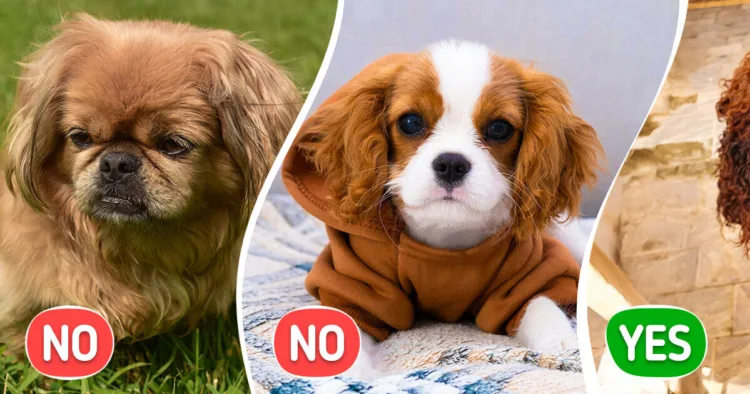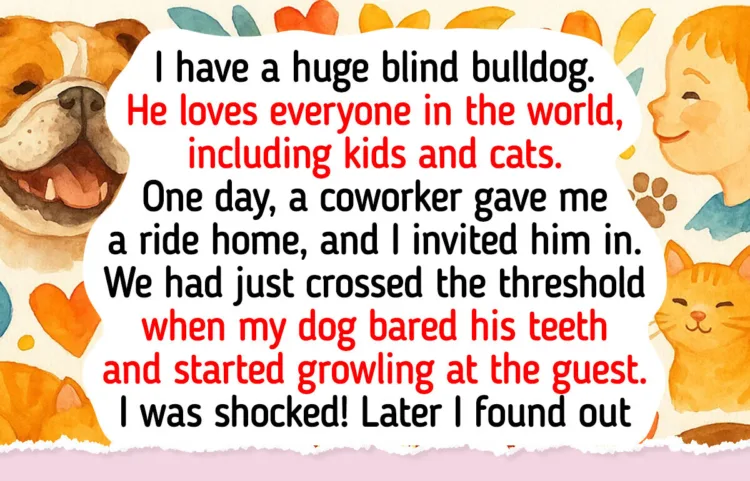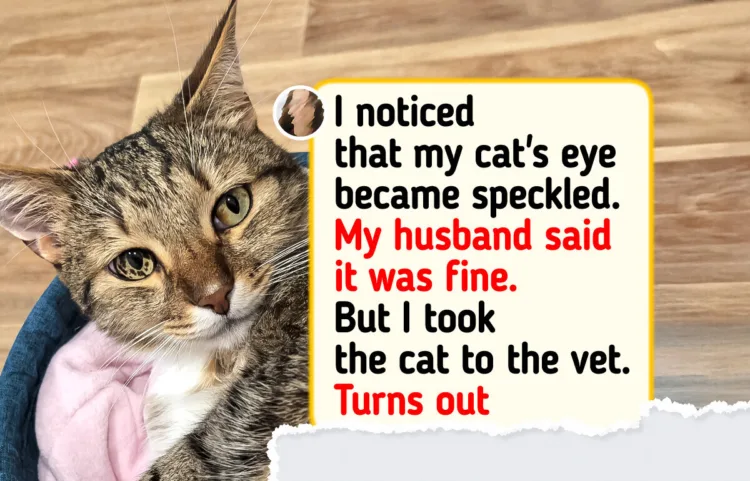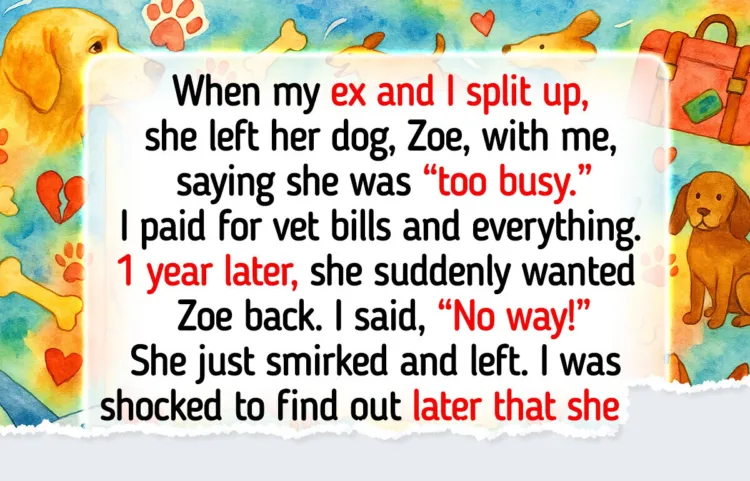Pet ownership is a joy, yet it turns out to be a sneezing nightmare for some. Approximately one third of the population exhibits allergic reactions to pets. It is commonly perceived that fur trumps all other factors causing allergies. However, according to veterinarians, dander and saliva have a more significant role to play. It leaves breeds synonymous with drooling as poor contenders for those battling allergies.
1Boston Terrier v/s Bedlington Terrier
Are you a fan of the Boston Terrier and shudder at the thought of allergies? The breed may be close to many hearts, but their propensity for excessive mucus creation makes them allergy-prone.
Welcome the Bedlington Terrier if you’re in the quest for a Terrier that is a low allergenic warrior. Its gelding-like appeal and a meticulously curly coat make it a darling. They have minimal shedding habits, hovering them into overtly hypoallergenic territory.
2King Charles Spaniel v/s Irish Water Spaniel
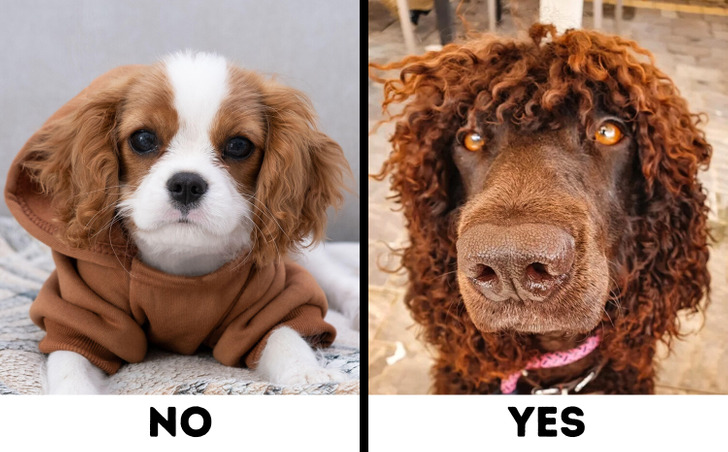
A Cavalier King Charles Spaniel might look adorable, but they shed magnanimously. An allergy-sufferer’s clothes and furniture are vulnerable to their loose hair, and their lengthy coats are often a fertile breeding ground for dirt and bacteria.
If you’re seeking an allergy-friendly alternative, introducing the Irish Water Spaniel, a faithful and child-friendly breed. These Spaniels owe their allergy-friendliness to their unique double-layered coats, effectively trapping hair and dander.
3Bulldog v/s Basenji
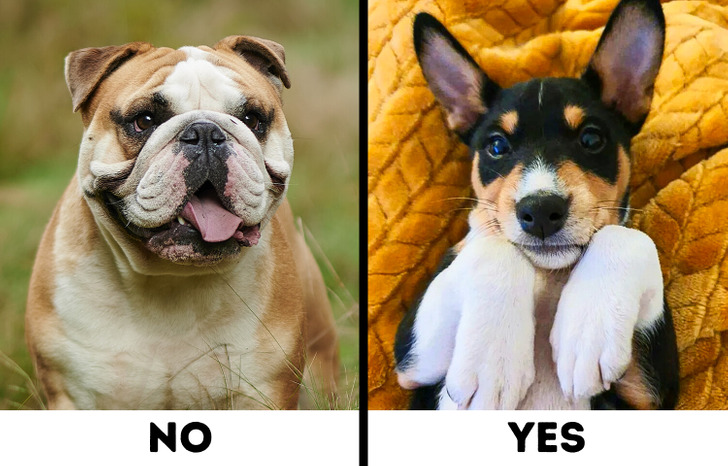
Bulldogs, despite their moderate shedding, gradually exacerbate allergies due to constant hair loss.
Enter Basenjis – a superior alternative for admirers of short-haired breeds. Rich with a characteristic odourless appeal and minimal dander production, these dogs dominate the allergy-friendly arena.
4Pekingese v/s Bichon Frise
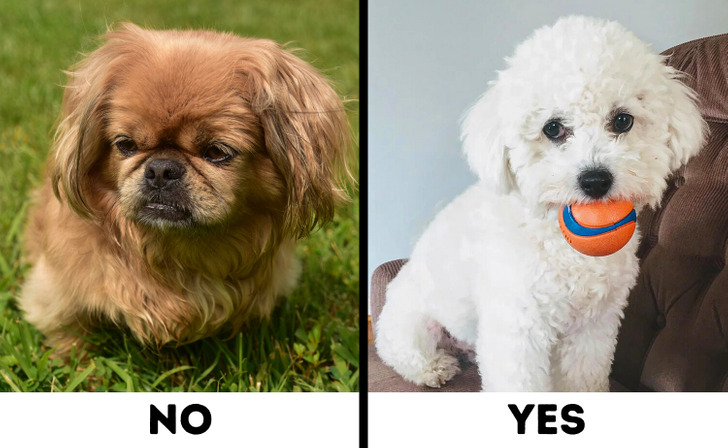
The Pekingese breed attracts heaps of hair throughout your home, due to their high shedding nature and the necessity for frequent grooming. This makes it an allergy trigger.
If you’re fond of pint-sized, fluffy dogs, the Bichon Frise carves a better path in terms of allergy-friendly experiences due to its no-shed traits. They are an ideal fit for apartment dwellers yearning for a minimal allergenic atmosphere.
5Basset Hound v/s Afghan Hound
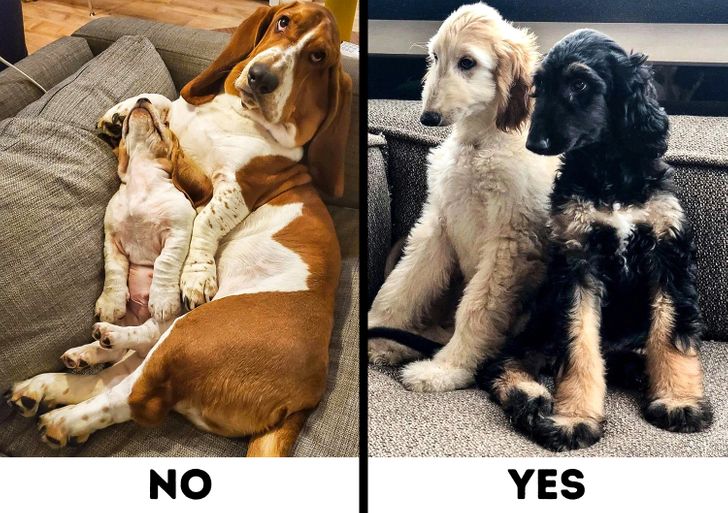
Basset Hounds, despite being light shedders, accumulate dirt and dander on their bodies, paving the way to allergies.
On the flip side, you will unearth the Afghan Hound as the more hypoallergenic one in the pair. They owe their minimal allergenicity to their low shedding and a pH value similar to human hair, thus reducing your sneezing spells.
6Pomeranian v/s Maltese
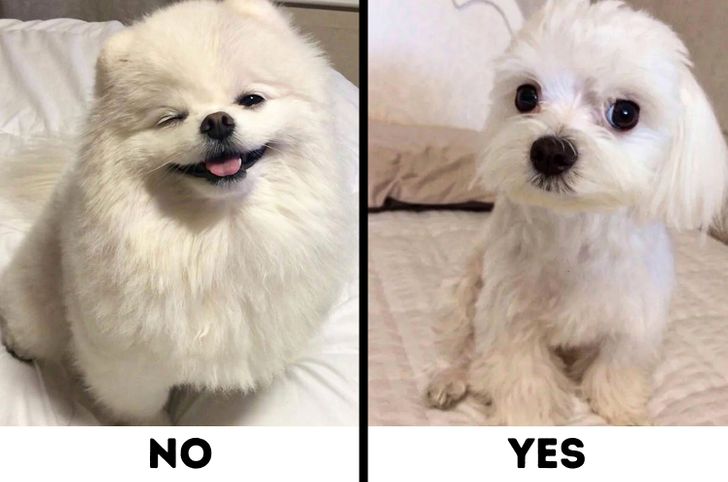
Pomeranians, despite being adorable, are not best friends with allergy sufferers. A specific protein in their saliva, urine, and dander sparks allergies more frequently than other breeds.
The Maltese reign in terms of allergy-friendliness for small dog breed enthusiasts. They lack an undercoat, leading to minimal shedding – an advantage for those residing in compact spaces.
7Schipperke v/s Affenpinscher
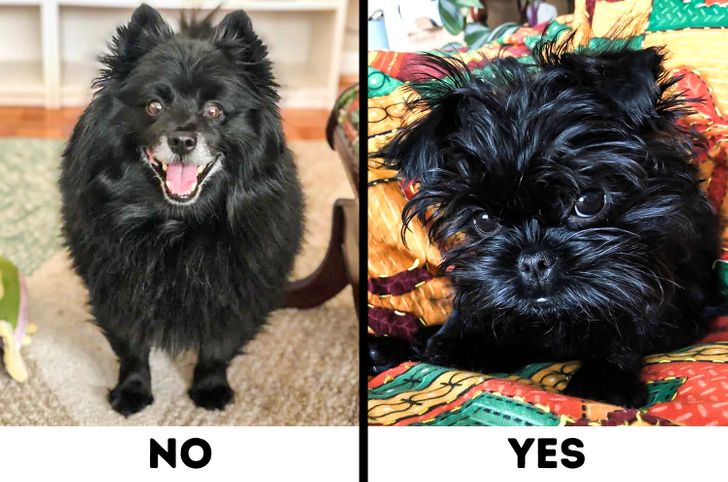
The Schipperke’s contribution to TV popularity is undermined by its allergy-causing elements. The breed’s saliva can drive frequent bouts of sneezing amongst sensitive individuals and they don’t adapt well to apartment living standards.
For allergy sufferers seeking a small, active black dog, the Affenpinscher takes the cake. This breed boasts of slow-growing, low-shedding hair and rugged fur that captures dander. With minimal drooling, they become the allergy-friendly prerequisite.
8Pumi v/s Poodle
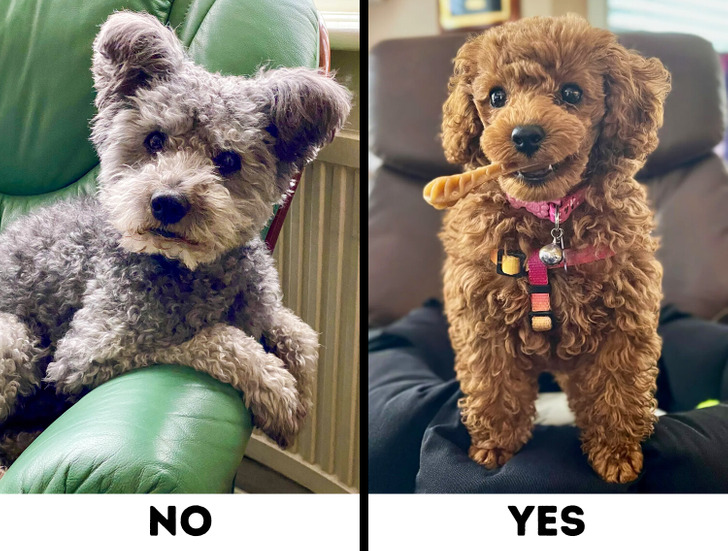
As charming as wavy-haired small dogs may be, not all breeds are suited for allergy sufferers. For example, Pumis fall short in the hypoallergenicity race, especially for those living in smaller apartments. Their 50–50 mix of soft and coarser hair necessitates bi-monthly combings.
The Poodle stands as a superior alternative. Their dander production is notably less, and they barely have any odour. The perks make Poodles the ideal allergen-friendly companion for those seeking a small, curly-haired dog.
9Siberian Husky v/s Samoyed
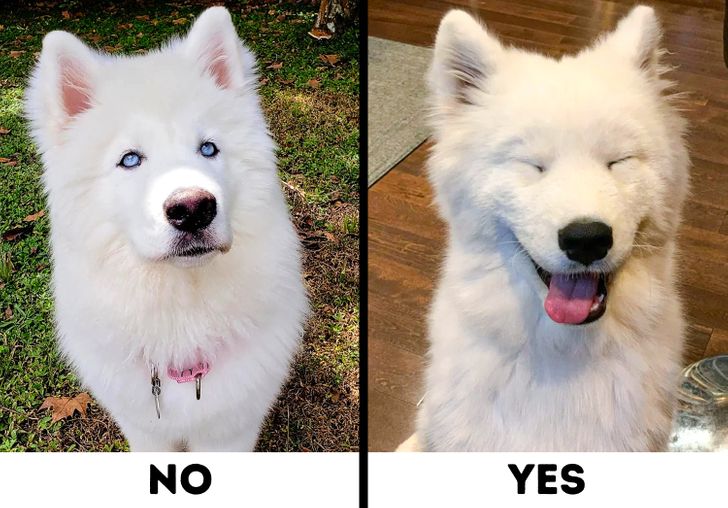
A Siberian Husky’s enchanting gaze and friendly demeanour do not compensate for the allergy upheavals it can cause. Excessive shedding spreads hair, dead skin, and dander across the house.
If you desire a large Husky-like companion, then Samoyeds make a more viable option. Although they too shed significantly, their reduced drooling levels contribute to an allergen-reduced environment.
10Skye Terrier v/s Shih Tzu
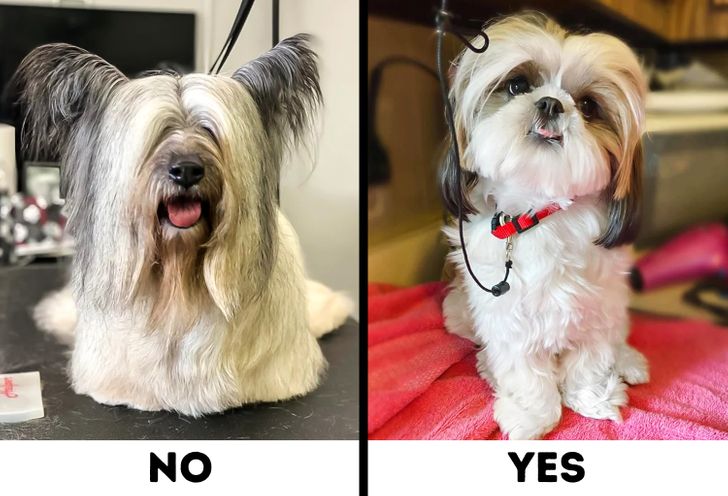
Pulling a comparison between the Skye Terrier and Shih Tzu reveals that the former tends to produce more allergens.
Had you given a thought to it, long-haired dogs like the Shih Tzu could be reducing your sneezing bouts. How? The breed’s long hair traps the shedding within the coat rather than allowing them to find their way to the floor or furniture. Hence, Shih Tzus pave the way for a reduced allergic reaction.
